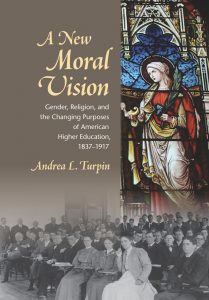 To celebrate the 50th anniversary of Moody Memorial Library, we are counting down 50 unique items from the special collections housed in the half-century-old building. We're kicking things off with a look at some rare almanacs!
To celebrate the 50th anniversary of Moody Memorial Library, we are counting down 50 unique items from the special collections housed in the half-century-old building. We're kicking things off with a look at some rare almanacs!
50 - 47
As the new calendar year begins, let's look at four of our rare almanacs. In addition to weather predictions, an 18th or early 19th century almanac was a book that had a practical use as a calendar, church festivals, astrological notes, miscellaneous literary works, and weather guides with seasonal suggestions for farmers.

#50 : "An Astronomical Diary, Or, An Almanack For The Year Of Our Lord Christ 1741" by Nathanial Ames
You can view the original by making an appointment or see the entire almanac online in our Baylor Digital Collections. Click here

#49 : "Poor Richard's Almanack" printed in 1761 by Ben Franklin (1706-1790)
In addition to seeing the original here in the library, you can also view this one in our Digital Collections. Click here

#48 : “London almanac for the year of Christ 1794” printed for the Company of Stationers in 1793 (miniature book)
See webpage link below to make an appointment to see this extraordinary miniatures.

#47 : "The New England farmer's diary and almanac" 1820 by Truman Abell
Almanacs provide an authentic view into American history and culture. Come visit soon!
You can access these materials by arranging a visit with our special collections staff! To make an appointment, please visit our web page:
https://www.baylor.edu/lib/CentralLib/centralspecialcollections/
This post is part of the 50 for 50 series highlighting 50 unique and fascinating items found in the Central Libraries' special collections. The series is being held as part of the ongoing celebration of Moody Memorial Library's 50th anniversary.












